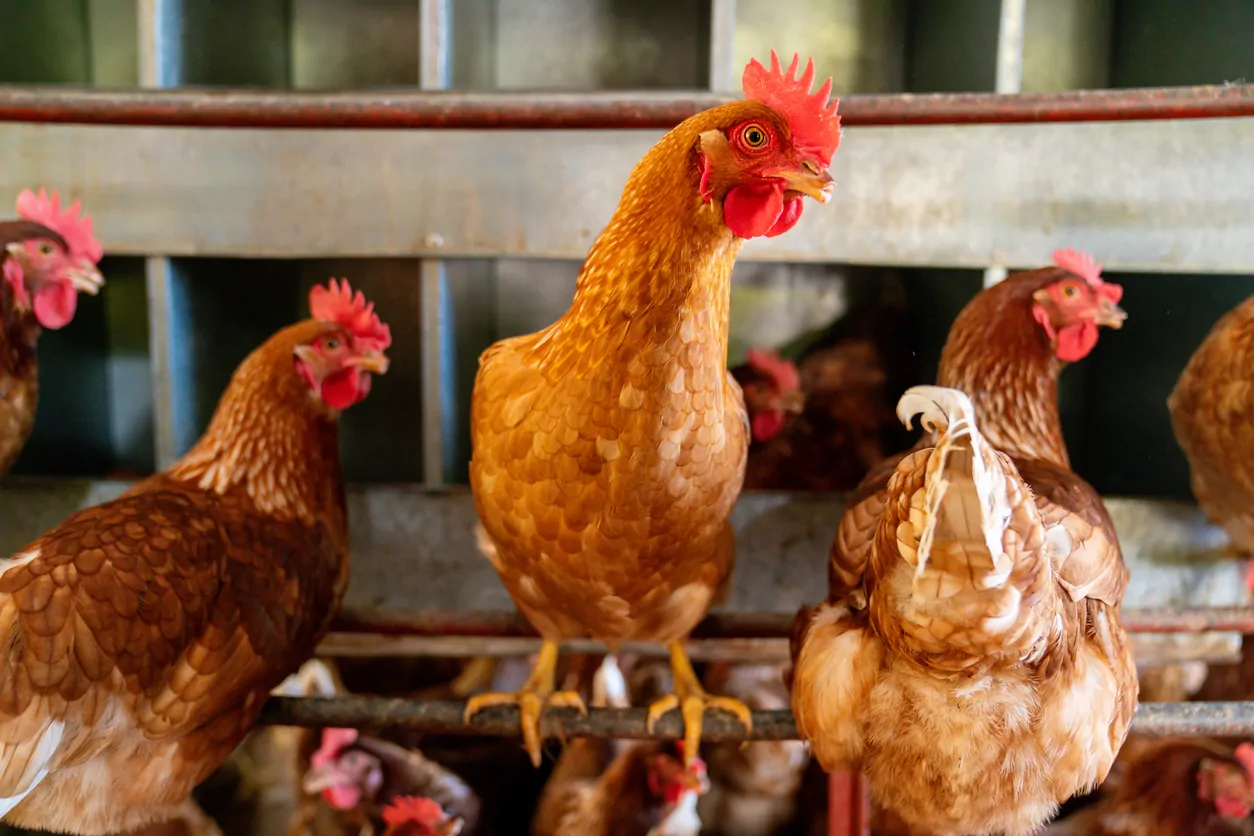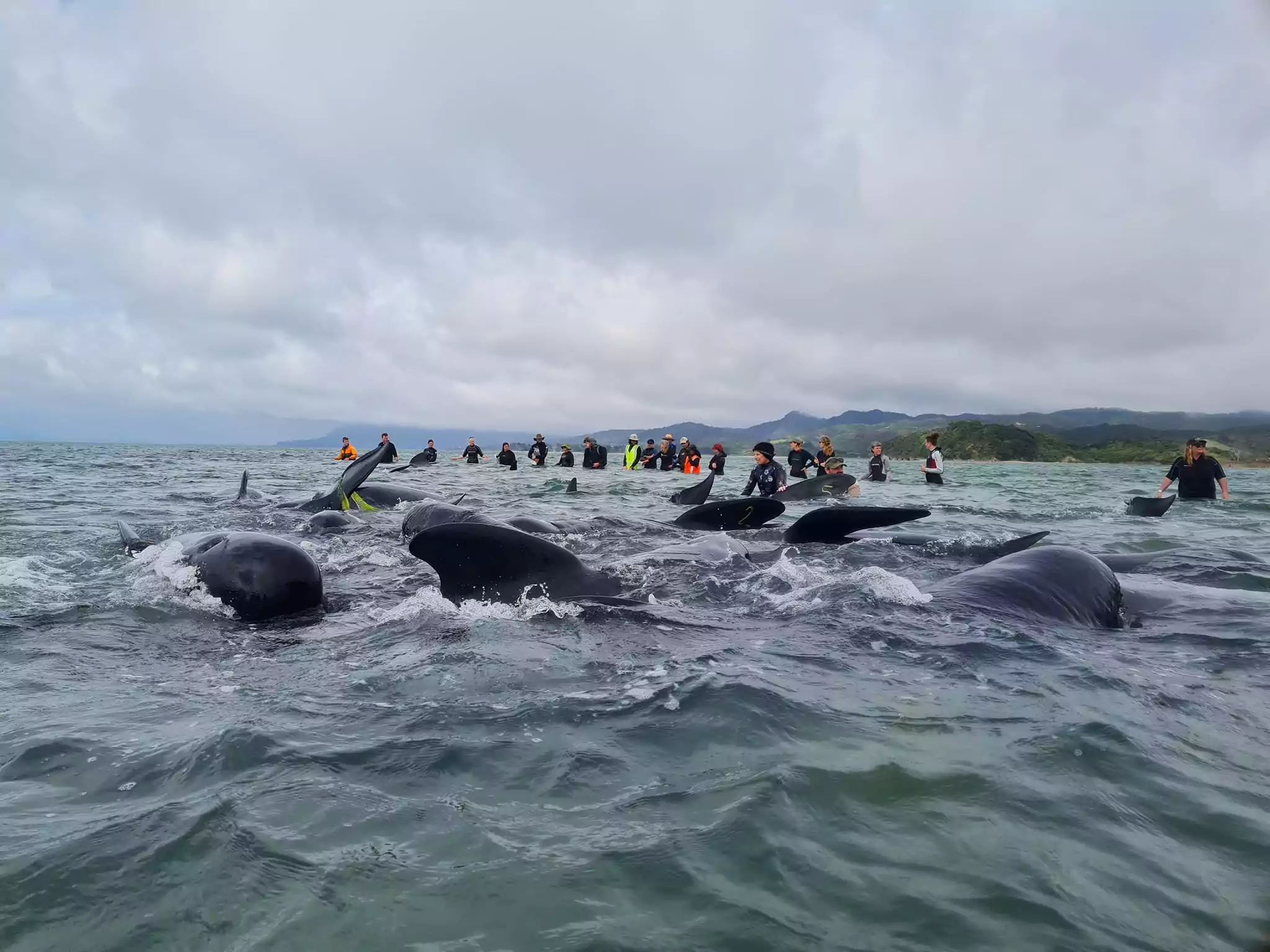Biosecurity New Zealand has confirmed a second case of the highly pathogenic avian influenza H7N6 at a commercial egg farm in rural Otago.
Testing identified the virus in chickens in a second shed on the farm, which remains under strict biosecurity controls.
Deputy director-general Stuart Anderson said the discovery of further cases on the property was not unexpected. “The remote farm remains under strict biosecurity controls to restrict the movement of birds, poultry products, feed, and equipment on or off the property.”
Around 80,000 layer hens across both sheds will be humanely culled, a process scheduled to begin tomorrow. “This is expected to take two to three days, using industry-standard practice of CO2 containerised gas,” Anderson said. Despite the culling, the overall impact on egg supply is expected to be minimal, with New Zealand having approximately 3.9 million layer hens nationwide.

Stuart Anderson
Deputy Director-General Biosecurity New Zealand
Once depopulated, the sheds will undergo thorough cleaning and will not be repopulated until it is deemed safe. Biosecurity New Zealand staff are on-site providing advice and logistical support, and testing of other sheds on the property is ongoing. At this stage, no avian influenza symptoms have been reported at other poultry farms in the area.
Anderson said the risk to human health remains low and there are no concerns for food safety or wildlife. The virus likely originated from interactions with local waterfowl and wild birds.
Mainland Poultry, which manages the affected property, reported the outbreak after noticing sick and dying birds. “Mainland Poultry took the right steps by notifying us. The farm has strong biosecurity standards, and we commend their actions,” Anderson said.
Three specialist veterinarians from the Ministry for Primary Industries (MPI) are conducting further investigations and sampling at the farm. Tracing efforts are underway to six other poultry farms linked to the property, as well as to all movements in and out of the farm over the past week. Biosecurity measures will be implemented at any property if deemed necessary.
Anderson said surveillance and testing will continue for the next two to three weeks, as the virus incubation period can range from 3 to 21 days. A comprehensive testing programme is in place for poultry properties in the region.
A further update will be provided tomorrow at midday.







